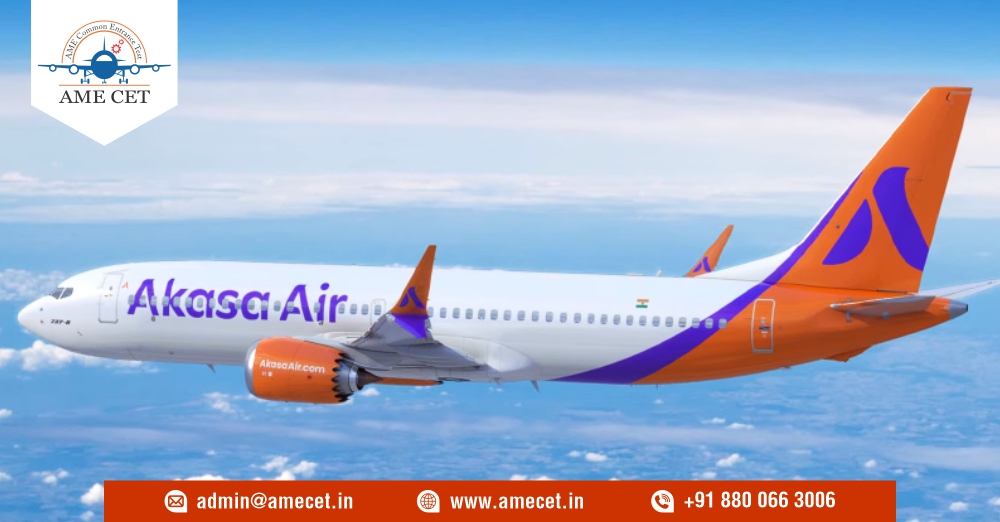
India will be one of the largest aviation markets in the world and is currently the fastest growing with the latest entrant, the late Rakesh Jhunjhunwala-backed Akasa Air, reflecting its potential, boeing India President Salil Gupte said on Monday, August 14.
“Akasa is a good example. In addition to their original purchase of 72, they placed an order for four additional (planes). Akasa is a startup that has been one of the fastest growing startups in the history of aviation,” he told CNN-News18 in an exclusive interview.
He explained that these are key examples of Indian aviation's growth over the medium to long term. While those numbers were big, they are a fraction of the over 2,400 airplanes that are going to be coming into this region over the next 20 years, he said.
“We estimate that to fly those 2,400 airplanes, you will need 37,000 pilots, about the same number or maybe a slightly larger number of mechanics to maintain those. And we want to ensure that we're able to have the pilot training ecosystem here in India to train those pilots. So they don't always have to leave Indian borders,” the Boeing India President said on the announcement of the airplane-maker’s $100 million investment in infrastructure and pilot training programmes in India.
Akasa Air" or any statements made by Boeing India regarding it. However, if we were to create hypothetical points highlighting the potential benefits of a new airline like "Akasa Air" for students in the Indian aviation sector, it might look something like this:
-
Industry Growth: The emergence of new airlines like Akasa Air signifies the growth potential of the Indian aviation sector, offering students promising career prospects within the industry.
-
Job Opportunities: The launch of a new airline often leads to increased hiring, providing a broader range of job opportunities for students pursuing careers in aviation.
-
Skill Development: The establishment of new airlines requires a diverse range of skills, from pilot and cabin crew roles to engineering, ground operations, and management, allowing students to develop specialized skills in various areas.
-
Innovation and Technology: New airlines often adopt the latest technologies and practices, providing students exposure to cutting-edge innovations in aviation operations and management.
-
Learning Environment: Joining a new airline can offer a unique learning environment where students can actively contribute to the company's growth and development.
-
Internships and Training: Students may have the chance to secure internships, training programs, and entry-level positions with new airlines, gaining valuable hands-on experience in real-world aviation operations.
-
Networking Opportunities: Being part of a startup airline provides students with opportunities to network with professionals and experts in the industry, potentially leading to mentorship and career advancement.
-
Adaptable Mindset: Working with a new airline often requires adaptability and the ability to handle dynamic situations, helping students cultivate essential qualities for a successful aviation career.
-
Market Insights: Following the journey of a new airline from inception to operation can provide students with insights into market dynamics, regulatory challenges, and business strategies in the aviation industry.
-
Contributing to Growth: Joining a new airline allows students to contribute directly to the growth and success of the company, fostering a sense of ownership and accomplishment.
that these points are based on the general idea of the benefits that a new airline can bring to students in the aviation sector. For accurate and up-to-date information about "Akasa Air" and any statements made by Boeing India.
Category
-
Aircraft Maintenance Engineering (DGCA) (62)
-
(268)
-
Cabin Crew (1)
-
Aerospace Engineering (3)
-
Aeronautical Engineering (2)
-
Airport Management (5)
-
Aircraft Maintenance Engineering (EASA) (6)
-
Airport Ground Staff (1)
-
Commercial Pilot License(CPL) (51)
-
Aircraft Maintenance Engineering (BTech/BE) (1)
-
B.Sc. in Aviation (1)
-
AME CET (5)
